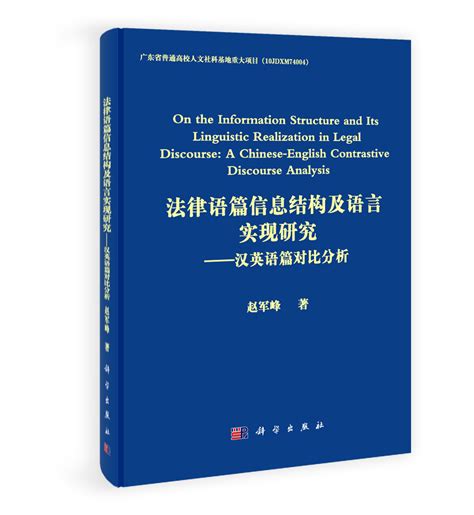Understanding Key Legal Terms and Concepts in English
Legal terminology can often be complex and difficult to understand, especially when it's presented in a language other than your native one. If you're interested in learning about legal concepts and terms in English, there are several key terms and concepts that are important to grasp. Whether you're a student studying law, a professional working in a legal field, or simply someone with a passion for legal knowledge, having a good grasp of these terms can be beneficial.
*Definition*: Jurisdiction refers to the official power to make legal decisions and judgments. It can also refer to the territorial range of such power.
*Example*: "The court has jurisdiction over cases involving property disputes within the state."
*Definition*: Liability is the legal responsibility for one's acts or omissions. It can involve the obligation to pay for damages or to fulfil a duty.
*Example*: "The company accepted liability for the injuries caused by its product."
*Definition*: An injunction is a court order that requires a party to do or refrain from doing specific acts.
*Example*: "The judge issued an injunction to prevent the construction of the building until the dispute was resolved."
*Definition*: Criminal law deals with behavior that is prohibited by the government because it is seen as threatening or harmful to society. Civil law, on the other hand, deals with disputes between individuals or organizations.
*Example*: "Theft is a criminal offense, while breach of contract falls under civil law."
*Definition*: The statute of limitations is a law that sets the maximum time after an event within which legal proceedings may be initiated.
*Example*: "The statute of limitations for filing a personal injury lawsuit is two years from the date of the injury."

*Definition*: The presumption of innocence is a legal principle that presumes an accused person to be innocent until proven guilty.
*Example*: "The defendant is protected by the presumption of innocence until the prosecution presents sufficient evidence."
*Definition*: Due diligence refers to the investigation or exercise of care that a reasonable business or person is normally expected to take before entering into an agreement or contract with another party or an act with a certain standard of care.
*Example*: "The company conducted due diligence before entering into a merger agreement."
*Definition*: Admissible evidence is evidence that is relevant, reliable, and allowed to be considered by a judge or jury in civil and criminal cases.
*Example*: "The witness testimony was deemed admissible evidence in the trial."
*Definition*: The burden of proof is the obligation to prove one's assertion.
*Example*: "In a criminal trial, the burden of proof rests with the prosecution to prove the guilt of the accused beyond a reasonable doubt."
*Definition*: A power of attorney is a legal document that allows an individual to designate someone else to make financial or medical decisions on their behalf.
*Example*: "She appointed her sister as her power of attorney to manage her affairs in the event of her incapacitation."
By familiarizing yourself with these key legal terms and concepts and engaging in targeted learning activities, you can improve your understanding of legal English and enhance your proficiency in discussing and comprehending legal matters in an Englishspeaking context.
